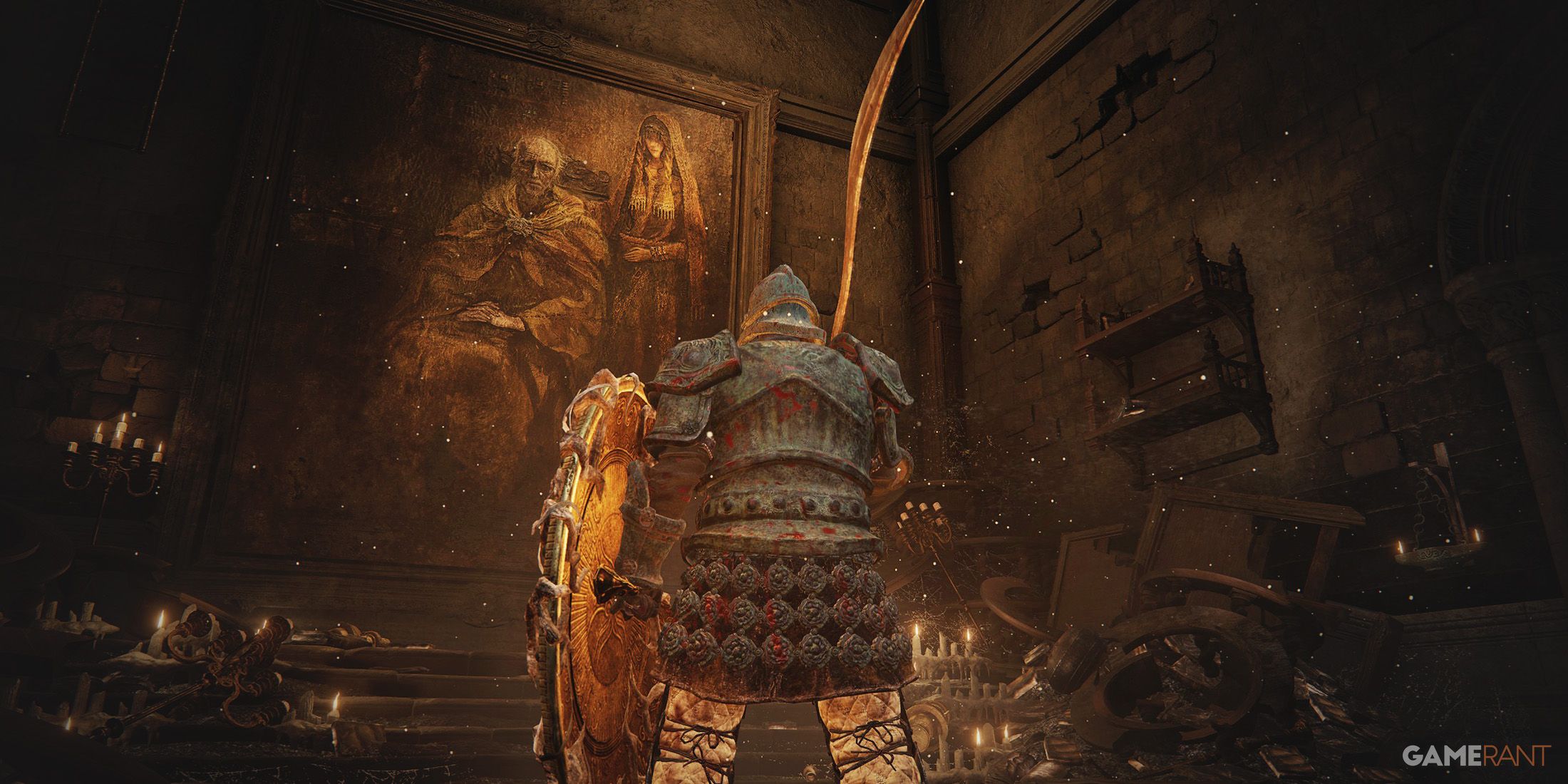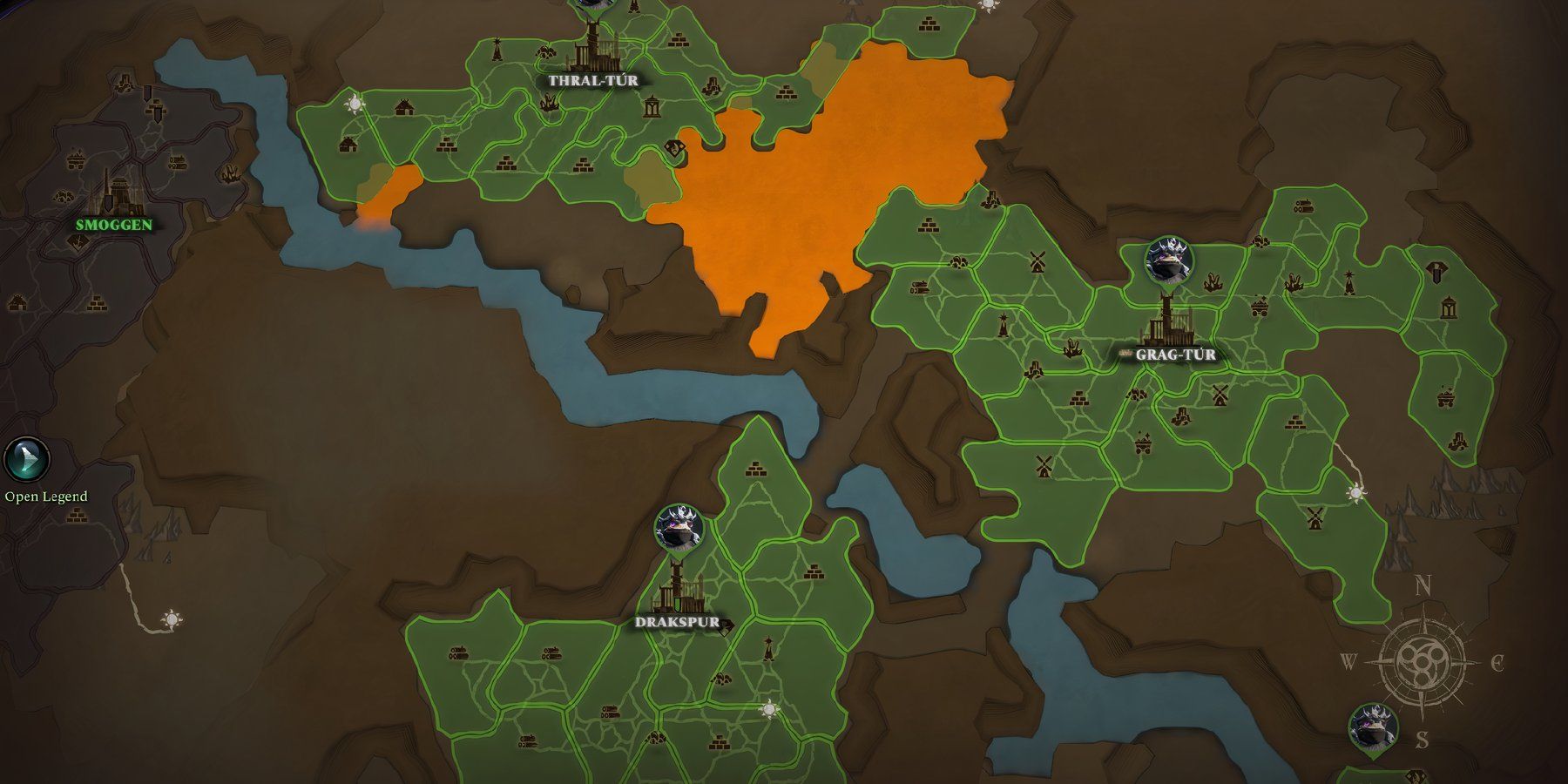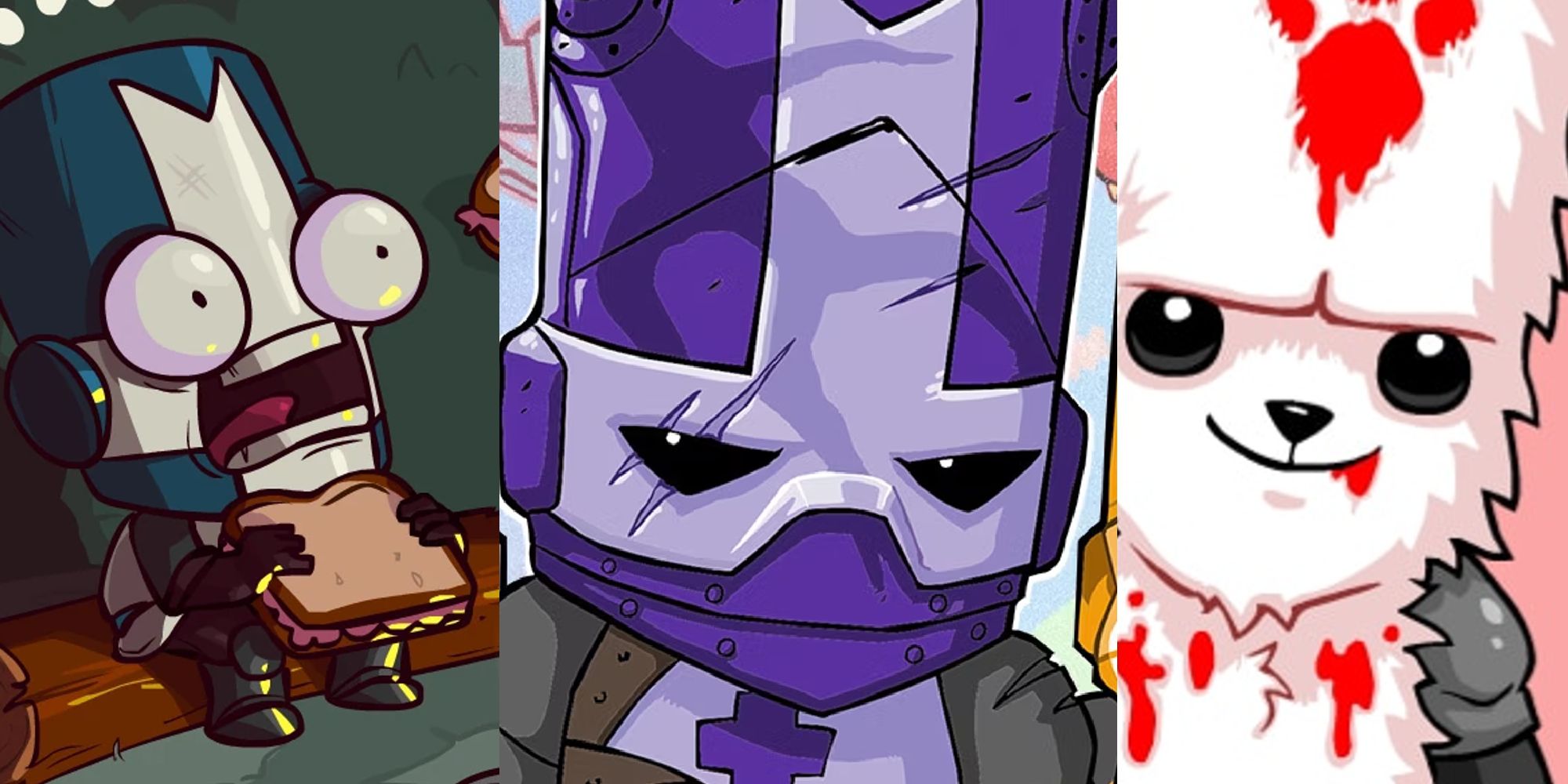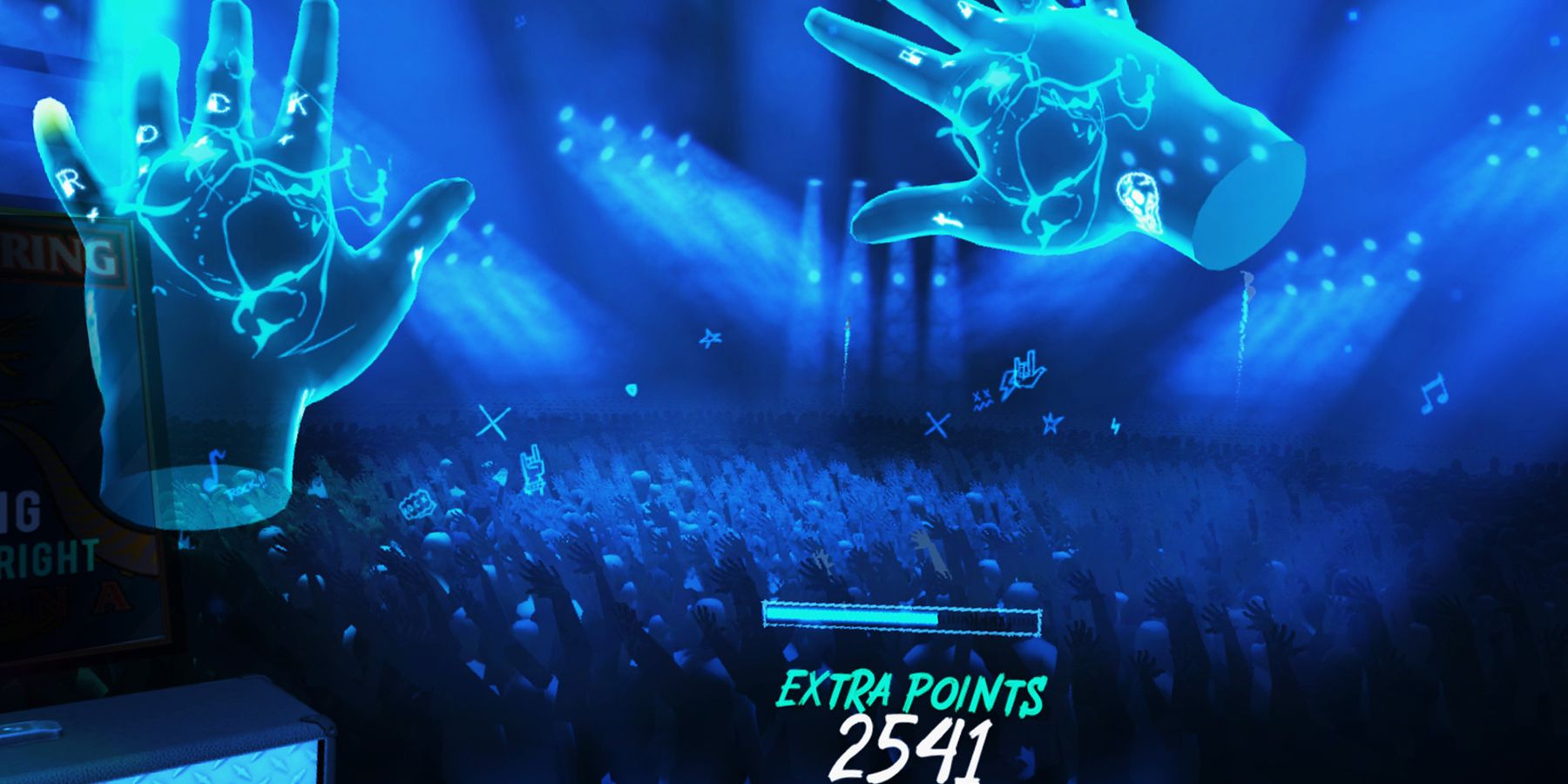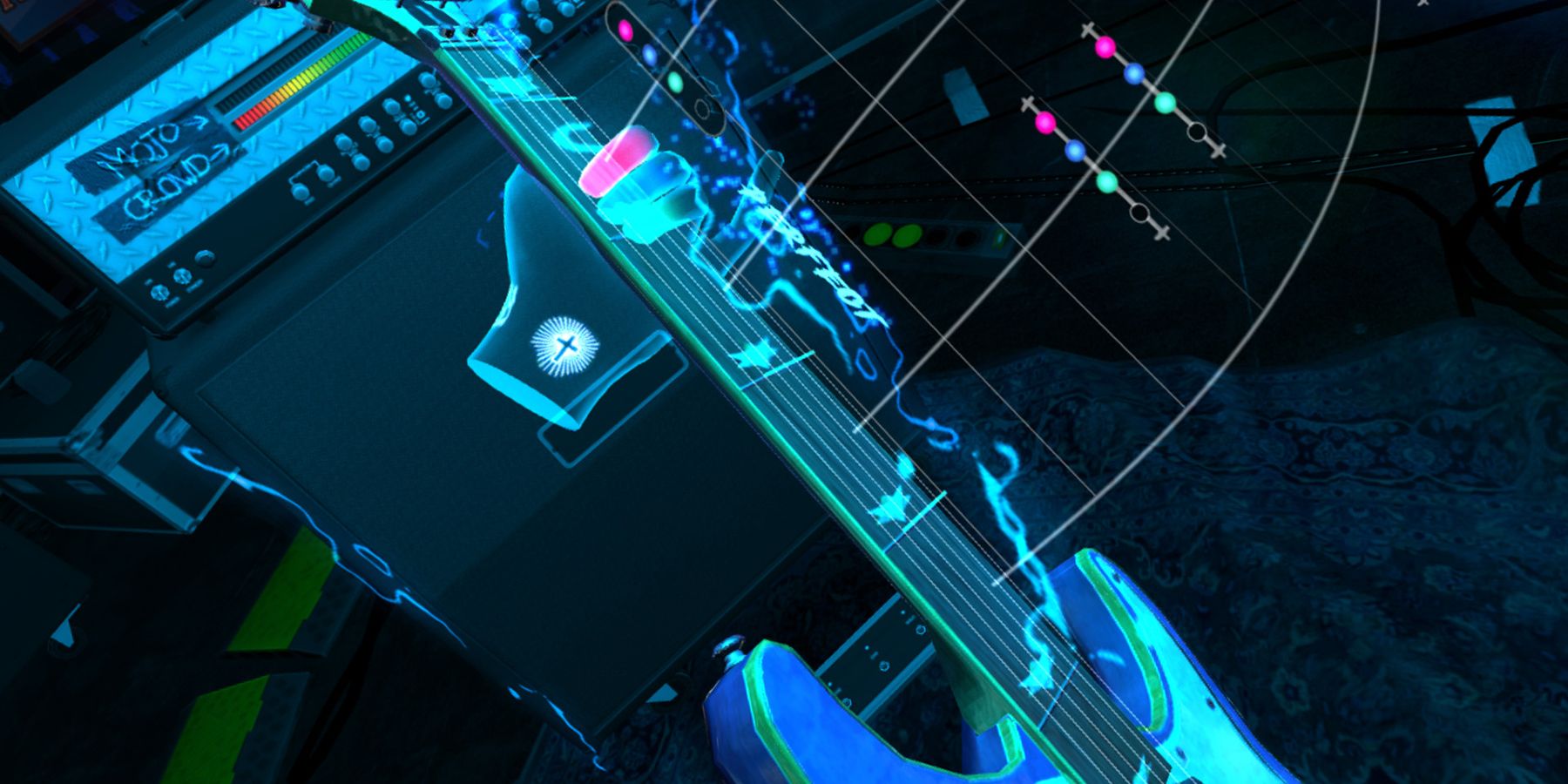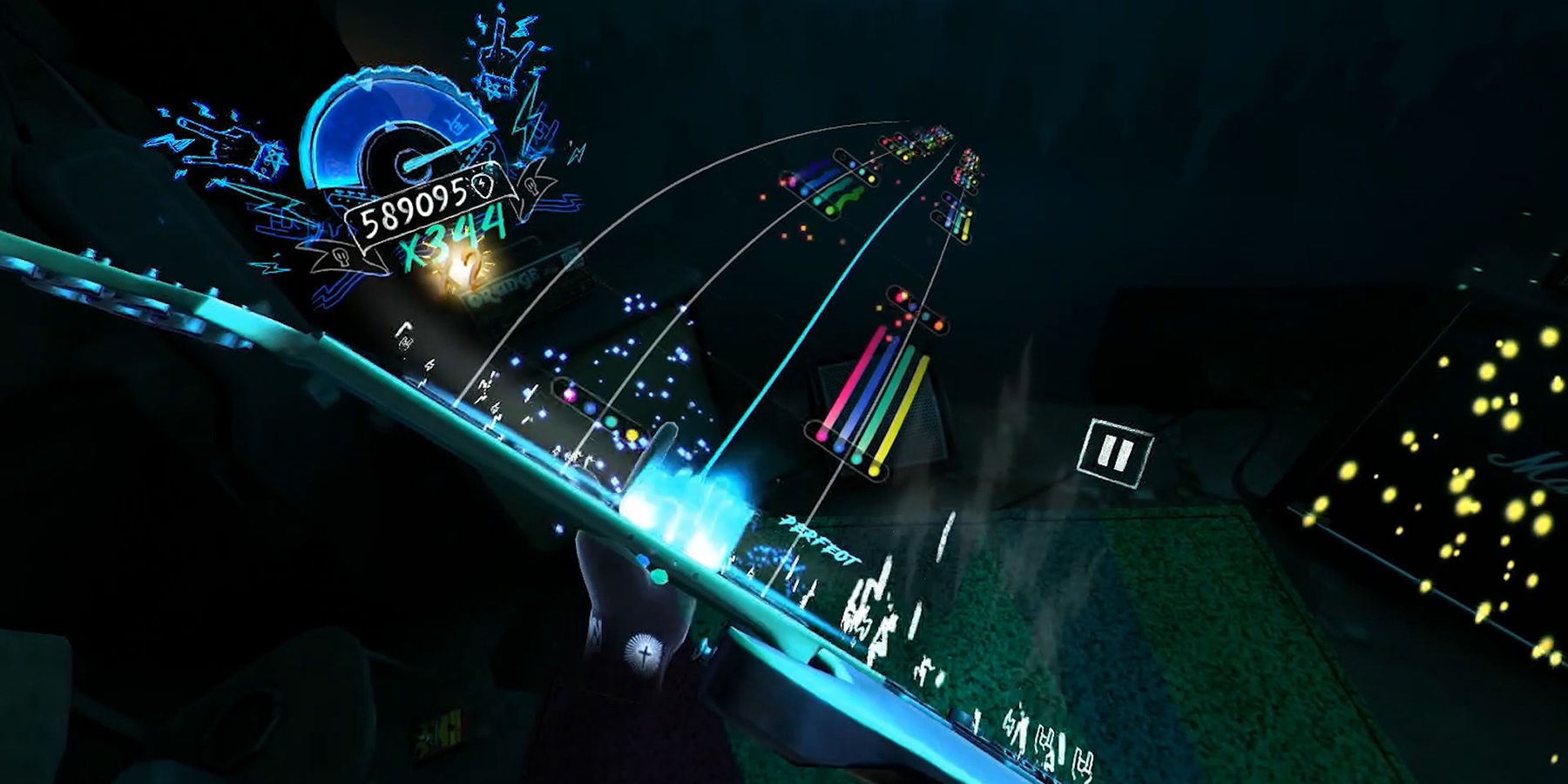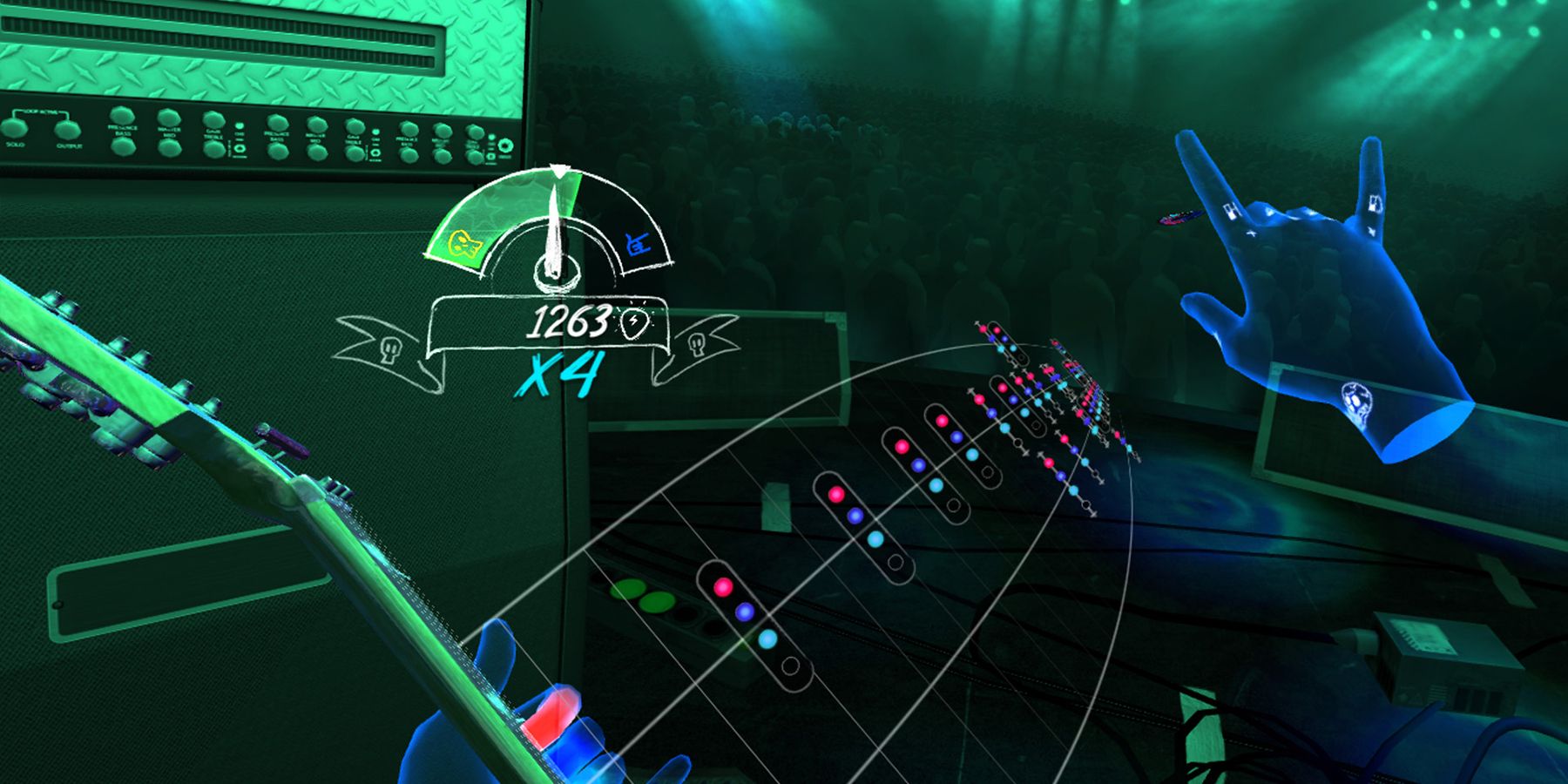Unplugged, developer Anotherway's virtual reality air guitar rhythm game, should excite people regardless of whether they are interested in rockstar fantasies. When it released in 2005, Guitar Hero kicked off a decade-long paradigm in gaming that involved licensed music and plastic instrumental peripherals. While the game was an instant hit, very few people could predict its tremendous influence. Even the developers who worked on the game were skeptical of the controller.
The feature that arguably made Guitar Hero stand out from the crowd - its guitar controller - is what Unplugged does away with. The game is powered entirely by finger-tracking technology, emphasizing the performance aspect of players' rockstar fantasies. While other games have utilized VR gestural controls, few of them have eschewed controllers altogether, and fewer still have tracked player movements with this level of acuity. Game ZXC spoke to veteran music game producer Marcus Henderson about this potentially game-changing technology.
Knowing Player Limits and Moving Past Them
The finger-tracking technology in Unplugged registers a player's hand positions relative to a virtual guitar they position with their hands. Henderson said the beat maps in Unplugged's tracks might differ from the note-blitz approach that was seen in games like Guitar Hero and Rock Band. The technology simply isn't there yet, and gestural controls will take some time for players to acclimate to. Even recognizing those limitations, Anotherway came up with a fun solution to let players embrace the theme of the game while circumventing technical limitations.
"We created Virtuoso Mode. When you see a super-fast passage or 'high way' that the hand-tracking tech can’t always keep up with, it becomes a free for all. Go crazy. Move your hands, wiggle your fingers, and your score will just explode."
Developing under constraints presents game designers with opportunities for creative solutions. Rather than forcing players to achieve technical excellence with nascent technology, incorporating a different mechanic to compensate for shortcomings is an excellent way to maximize existing capabilities. It also hints at ways other games could incorporate the finger-tracking tech. In certain respects, Unplugged's tech is the opposite of Guitar Hero's purpose-built controller. Finger-tracking can apply to a multitude of instruments and other video game genres.
Mad Potential
Henderson said he believes Anotherway is onto something huge with its finger-tracking controls, even if the technology is still young.
"The game engine that we created has unlimited potential, and it’s getting better all the time. As the capabilities of the hardware increase, we’re gonna continue pushing it to see if it can translate to other instruments or other experiences that really preserve that vibe and the experience we try to capture with Unplugged."
Henderson hopes Unplugged resonates with gamers so his team can continue to develop the technology, and take the concept as far as it can go. In terms of specific applications, the producer is keeping his cards close to the chest, but said his team has had a lot of discussions on what to do next. It is easy to imagine how a game could incorporate drumming, bass, or even the short-lived keyboard controller from Rock Band 3 based on a more mature iteration of this technology.
The potential applications reach far beyond music gaming. Letting imaginations run wild, it doesn't take much of a leap to picture a title involving finger-driven spell casting, a Tales of the Borderlands-esque finger-gunfight, or even games involving sign language - a concept Kinect developers explored that never really bore fruit.
Real-Life Takeaways
Unplugged's finger-tracking tech won't teach people how to play the guitar, and it does not purport to - unlike Ubisoft's recently revived Rocksmith series. Henderson recognizes the considerable gulf between playing actual instruments and rocking out with a video game. However, that's not to say players won't appreciate any real-life takeaways. Musicality, a performer's ability to pair their movements in time with rhythm, is a crucial skill for musicians and dancers. It is also an essential aspect of playing rhythm-action games.
Perhaps more importantly, rhythm games engender an appreciation for music in the people who play them. Henderson says that "hundreds" of people who are musicians today have approached him about the impact Guitar Hero and Rock Band had on their childhood, kicking off a lifelong fondness for rock and roll. If Unplugged can do the same with its finger-tracking tech, there may be not only a boom in VR games, but also a second wave of rhythm game-inspired musicians.
Unplugged is available now for PC.

